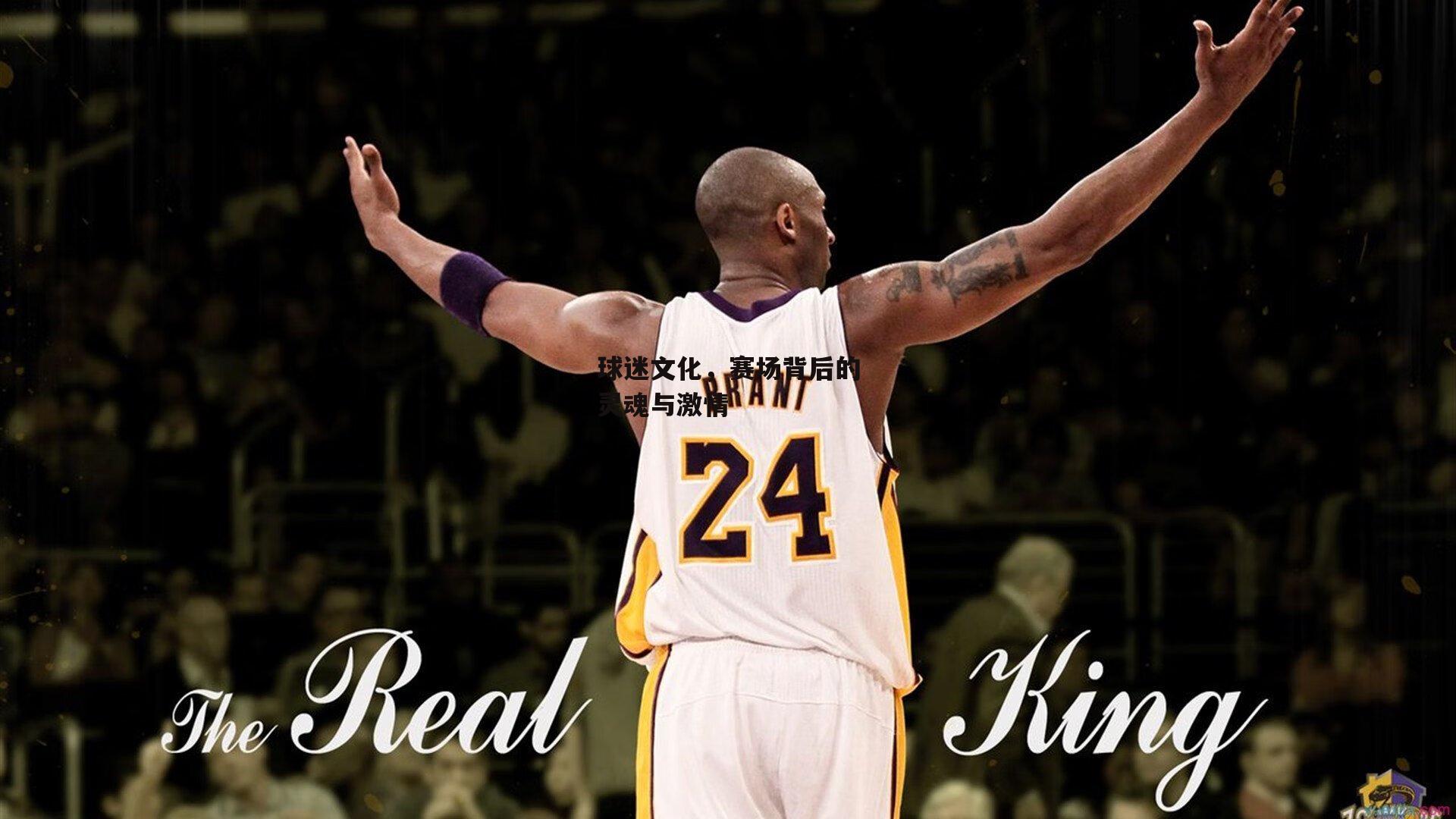发布时间:2025-10-05 09:16:31 浏览:
在体育的世界里,球迷文化不仅仅是一种现象,更是赛场的灵魂所在,它超越了简单的支持与欢呼,成为一种复杂的社会行为,影响着球队的表现、商业的运作,甚至社会的动态,从欧洲足球的狂热到北美篮球的激情,再到亚洲新兴市场的崛起,球迷文化在全球范围内展现出多样化的面貌,同时也面临着挑战与变革,本文将深入探讨球迷文化的内涵、演变、影响以及未来趋势,揭示其在现代体育中的核心地位。 球迷文化,简而言之,是球迷群体通过共同的支持行为、仪式和价值观所形成的独特文化体系,它包括了从简单的加油助威到复杂的社区互动,从个人情感投入到集体身份认同,历史上,球迷文化可以追溯到古代体育赛事,如古罗马的角斗士比赛,但现代形式的球迷文化主要起源于19世纪末的工业革命时期,随着职业体育的兴起而发展,英国足球俱乐部的形成催生了第一批有组织的球迷团体,他们通过歌曲、口号和标志性行为来表达支持。 随着时间的推移,球迷文化逐渐演变,从最初的本地化壹号娱乐、草根性活动,扩展到全球化的现象,20世纪后期,电视转播和互联网的普及使得球迷可以跨越地理界限,形成虚拟社区,这种演变不仅丰富了球迷文化的表达方式,还使其成为体育产业的重要组成部分,球迷不再是被动的观众,而是主动的参与者壹号娱乐,通过社交媒体、球迷论坛和线下活动,塑造着球队的形象和赛事的气氛。 在全球范围内,球迷文化呈现出惊人的多样性,在欧洲,足球球迷文化 often associated with intense rivalries and traditions. In countries like England, Germany, and Spain, fan groups known as "ultras" organize elaborate tifos (large displays) and choreographed chants, creating an electrifying atmosphere in stadiums. These cultures are deeply rooted in local identity and history, often reflecting social and political issues. For instance, in Italy, fan culture has been influenced by regional divisions, while in South America, football fans express passion through samba rhythms and vibrant celebrations. In North America, sports like basketball, American football, and baseball have cultivated a different kind of fan culture. Here, the emphasis is on family-friendly entertainment, with tailgating parties, mascots, and interactive experiences. The NBA, for example, has leveraged fan culture to build a global brand, with events like the All-Star Weekend engaging fans through social media and community outreach. This approach has helped sports leagues commercialize fan enthusiasm, turning it into a multi-billion dollar industry. Asia has seen a rapid growth in fan culture, particularly with the rise of sports like cricket in India, baseball in Japan, and basketball in China. In Japan, baseball fans are known for their disciplined cheering, with organized chants and drumming, while in China, the emergence of professional leagues has fostered a new generation of fans who blend traditional support with modern digital engagement. This diversity highlights how fan culture adapts to local contexts, yet remains a universal language of passion and loyalty. 球迷文化对体育产业的影响是深远的,它 drives economic growth through ticket sales, merchandise, and broadcasting rights. Teams and leagues invest heavily in fan engagement strategies, such as loyalty programs and exclusive content, to monetize this passion. For example, European football clubs like Manchester United and Barcelona have global fan bases that contribute significantly to their revenue through jersey sales and sponsorships. Moreover, fan culture enhances the viewing experience, making sports more attractive to advertisers and broadcasters. Beyond economics, fan culture has a profound social impact. It fosters community cohesion by bringing people together across differences. In many cities, sports teams serve as a unifying force, with fans from diverse backgrounds rallying around a common identity. However, it can also exacerbate divisions, as seen in hooliganism and rivalries that sometimes lead to violence. Efforts to promote positive fan behavior, such as anti-racism campaigns and inclusive initiatives, are crucial to harnessing the positive aspects of fan culture. Psychologically, being a fan provides individuals with a sense of belonging and purpose. Studies have shown that sports fandom can improve mental well-being by reducing stress and fostering social connections. This emotional investment often translates into lifelong loyalty, which teams cherish as a core asset. Yet, it also makes fans vulnerable to disappointment, especially when teams underperform, leading to emotional highs and lows that are intrinsic to the fan experience. Despite its strengths, fan culture faces several challenges. Commercialization has led to concerns about authenticity, as some fans feel that sports are becoming too profit-driven, alienating traditional supporters. Rising ticket prices and the shift towards digital consumption have created barriers for local fans, potentially diluting the organic nature of fan communities. Additionally, issues like online toxicity and discrimination threaten to tarnish the inclusive spirit of sports. Looking ahead, the future of fan culture will likely be shaped by technology and globalization. Virtual reality and augmented reality could revolutionize how fans experience games, offering immersive ways to connect from home. Social media will continue to play a pivotal role, enabling real-time interaction and fan-driven content creation. Furthermore, as sports expand into new markets, fan culture will become more hybrid, blending elements from different regions. For instance, the growing popularity of esports has introduced a new dimension to fandom, with digital natives embracing competitive gaming with the same fervor as traditional sports. To sustain positive fan culture, stakeholders—teams, leagues, and governments—must prioritize inclusivity and engagement. Initiatives that involve fans in decision-making, such as fan advisory boards, can help maintain authenticity. Education and enforcement against negative behaviors will be essential to ensure that stadiums and online spaces remain welcoming for all. Ultimately, the evolution of fan culture will depend on balancing tradition with innovation, ensuring that the passion of fans remains the heartbeat of sports. In conclusion, fan culture is a dynamic and integral part of the sports landscape, embodying the emotions, traditions, and communities that make athletics so compelling. As it continues to evolve, it will undoubtedly face challenges, but its resilience and adaptability suggest a bright future. Whether through raucous chants in a packed stadium or quiet support from afar, fans will always be the soul of the game, driving sports forward with unwavering dedication.球迷文化的内涵与演变
球迷文化的多样性与全球影响

球迷文化对体育产业和社会的影响
挑战与未来趋势
 壹号娱乐,赛场背后的灵魂与激情">
壹号娱乐,赛场背后的灵魂与激情">























